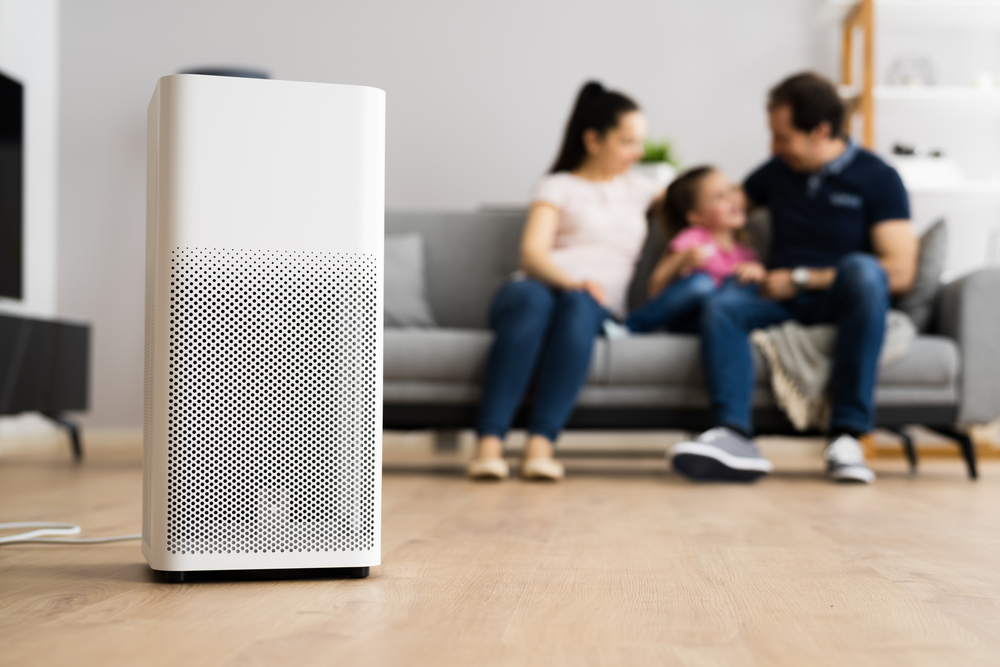
Air pollution could lead to an increase in COVID-19 deaths.
COVID-19 is an infectious disease that affects the respiratory tract of the patient. So it is quite possible that people who are exposed to poor quality of air are most vulnerable to coronavirus. Air pollution isn’t a new threat to the world but a recent Harvard study points to the fact that it may trigger coronavirus deaths. This study gives us a clear link between long-term exposure to air pollution and increase in COVID-19 deaths. It briefly explains how coronavirus patients in different localities of the United States with high levels of air pollution before the pandemic have a great chance to die from the virus as compared to the patients in the cleaner parts of the country.
The Harvard study at T.H Chan School of Public Health analyzed 3,080 countries in the United States and associated higher levels of the small, hazardous particles in the air known as PM 2.5 with higher disease death rates. The findings have interesting implications for how public health authorities want to distribute resources as coronavirus spreads, such as ventilators and respirators. The report has been submitted in the New England Journal of Medicine, for peer review and publication. It observed that even a small increase in long-term exposure to air pollution could have severe coronavirus-related consequences, even taking into consideration other factors such as smoking rates and population density.
The Harvard study is not the first one to relate an increase in COVID-19 deaths due to air pollution. Research in Environmental Pollution looked at the high death levels in Northern Italy — one of the most polluted areas in Europe — finding that air pollution should be considered another factor in COVID-19 fatality.
Interestingly, there is a positive thing in all of this: As governments enforce that business and usual operations come to a standstill to curtail the transmission of the infection, cities in the world are seeing significant drops in air pollution. But there is a fear that since governments have halted all the industrial and economic activities of countries, there is a chance that when these activities will start their engines again after a dramatic interruption, they will accelerate it two more fast to make up for the lost time. After lockdowns in most of countries lift, all the industrials activities, emission of smoke from vehicles and overall air pollution is going to increase. So it is better to breathe in the clean air while we have a chance too because it may not be possible until another global pandemic.










